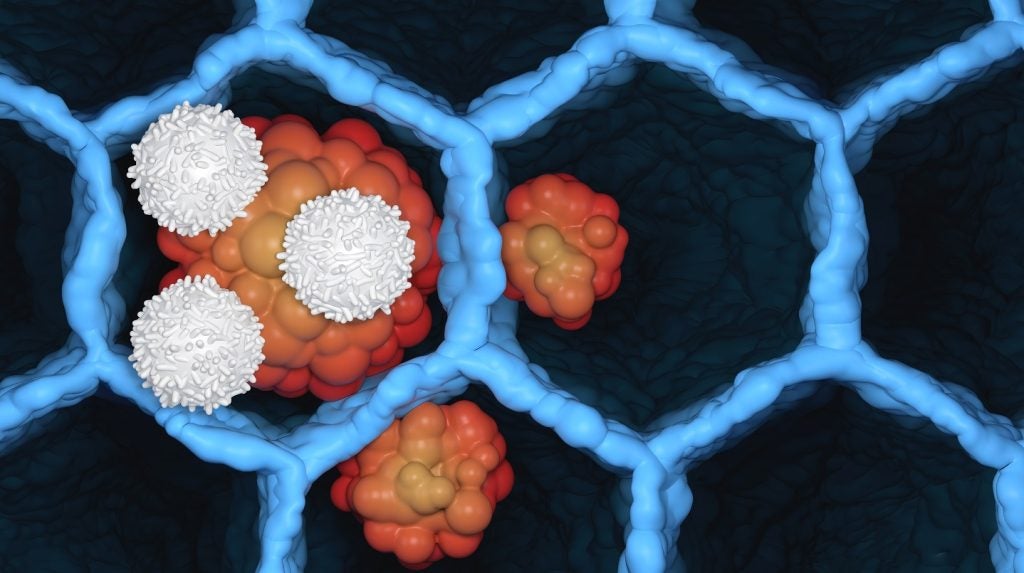Novocure has gained clearance from the US Food and Drug Administration (FDA) for the new head flexible electrode (HFE) transducer arrays for use with Optune Gio, a wearable for treating adults with glioblastoma, a form of brain cancer.
The wearable’s HFEs have been modified to be more comfortable for patients using them for treatment, with the Swiss company stating its intent to convert Optune Gio users in the US to the new HFE arrays through the first half of 2025 through a controlled transition plan.
Optune Gio fits onto users’ scalps and produces alternating electric fields that the company dubs 'tumour treating fields' (TTFields).
According to Novocure, the TTFields, which, in the case of Optune Gio, are intended to be used alongside temozolomide (TMZ) chemotherapy, exert physical forces on the electrically charged components of dividing cancer cells to inhibit their further growth.
FDA approval on the refined HFEs for Optune Gio follows the agency’s recent approval on another TTField-emitting wearable from Novocure, Optune Lua, which is indicated for use alongside PD-1/PD-L1 inhibitors (immunotherapy) or docetaxel in adult patients with metastatic non-small cell lung cancer (mNSCLC).
Novocure’s chief operating officer Mukund Paravasthu said: “At Novocure, we recognise product innovation must deliver meaningful results for our patients.
“The newly FDA-approved HFE arrays are lighter, thinner, and designed to be more comfortable, and have clear benefits for the patient. We look forward to introducing the new arrays in the US and will continue our work to deliver product innovations that prioritise the needs of people using our treatments.”
According to GlobalData analysis, Novocure currently has 29 products in active stages of development. The company, which was founded in 2000 and has been listed on the Nasdaq since 2015, recently released its financials for Q3 2024, with revenues of $155m reflecting a year-over-year rise of 22%. The financials also revealed that 4,113 patients are currently using Novocure’s TTFields therapy, with more than half of users situated in the US.















